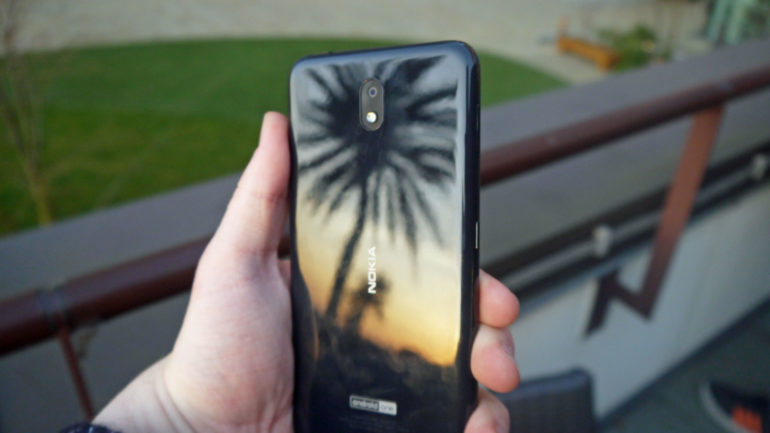HMD Global, the Finnish company that acquired the rights to the Nokia brand of smartphones, is looking to make India its hub for its global supply chain while also launching affordable 5G Nokia phones in this fast-expanding market.
Company vice-president Sanmeet Kocchar revealed that HMD Global was looking to launch customized smartphones in the Indian market, where 5G networks are all set to make mobile data-led computing the next rage. For this, they recently tied up with an Indian electronics manufacturing company to make Nokia phones.
In 2020, HMD Global had secured $230 million from Google, Qualcomm and Nokia Technologies and is now prepared to invest in capacity expansion, which could also include investing in Indian manufacturing and distribution. A report published in the Financial Express quotes Kocchar to suggest that making India the hub of their global supply chain was also being studied.
“We are looking at India as an important market and the first thing that we are going to do is look at products which are customized for the Indian market. Second is 5G, which is an important space that we have decided to play in, and we are looking at how we can launch more affordable 5G devices this year,” he said.
Dixon Technologies, one of India’s largest consumer electronics solutions company, had announced a tie-up with HMD Global last week. In a regulatory filing, Dixon said its subsidiary, Padget Electronics, would be making Nokia smartphones at the Noida facility in Uttar Pradesh.
Kocchar was also quoted as saying by the Financial Express that HMD Global would henceforth focus on product differentiation through future-proofed software. Does this mean that Nokia phones would add its two cents to the Android platform on which their devices work? Well, we are not sure as all that Kocchar says is that future Nokia phones have software that will last longer thus removing the need to change the device frequently.
One thing the company says it would not get into is setting up its own manufacturing plants in India. “We have different partners, including Google, Qualcomm, Nokia, and others in the ecosystem and we work closely with our partners to see how we can offer the best products to our fans,” he says.



